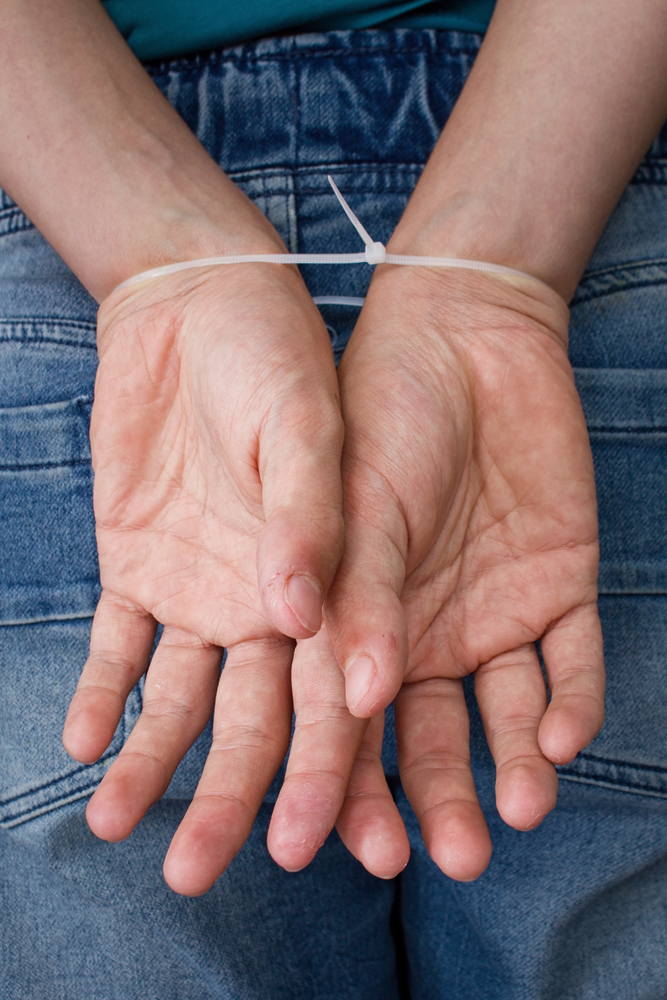But informally, people describe it as a feeling of mental fog, difficulty concentrating, or reduced ability to engage in deep thinking. Wet brain (Wernicke-Korsakoff syndrome) is a brain disorder triggered by a severe lack of thiamine (vitamin B1). Thiamine is essential for https://luxuryservicestaxi78.fr/son-of-musician-stills-injured/ the body to convert food into energy, and the brain cannot function properly without it.

What are the Signs and Symptoms of Wet Brain?
Early intervention in cases of Wernicke-Korsakoff syndrome is the most effective for reversing course and saving someone’s life. People who exhibit signs of wet brain need to seek treatment for alcoholism and achieve and maintain sobriety to prevent and minimize the occurrence of permanent brain damage. If Wernicke’s encephalopathy is not treated promptly, it can progress to Korsakoff psychosis, the chronic and more severe phase of wet brain syndrome. This stage is characterized by severe and permanent memory problems, including the inability to form new memories and significant gaps in long-term memory. People with Korsakoff psychosis might also experience confabulation, where they unconsciously fabricate stories to fill in memory gaps.
What is Wet Brain Syndrome?

Your hormones are like the conductors of your body’s orchestra, and when they’re out of whack, your brain might start playing a very strange tune indeed. It’s like trying to dance to a song where every instrument is playing a different melody. There’s more to healing than medication.Identify ways to improve your autoimmune care and find out if WellTheory is right for you. WK syndrome is diagnosed by looking at the individual’s history as well as the symptoms present. I don’t understand how people can feel like going out to do this and that after work. Neurodiversity is the idea that some brains process information differently than others, and that these differences should be embraced and celebrated.
Do All Alcoholics Develop Wernicke-Korsakoff Syndrome?
- Learning and memory exercises can help, and a therapist can give you new ways to handle the tasks you have trouble with.
- Ever feel like your brain has turned to mush from scrolling through social media or mindless content for too long?
- It is also not possible to accurately estimate who all has wet brain because many people with severe alcoholism do not seek treatment or are homeless and are not evaluated for the condition.
- Autoimmune conditions such as multiple sclerosis, lupus, and Hashimoto’s thyroiditis often manifest with brain fog as a primary symptom.
Our poor, overworked minds were simply not designed for the level of hyperstimulation that we now constantly encounter. Our mushy brains do all kinds of things for us, including helping you read this very sentence and ask big questions about our world. The key to Sobriety treating wet brain is to receive treatment as soon as possible. Vitamin B1 that is administered intravenously can provide quick treatment that may be able to reverse some of the neurological symptoms, such as vision problems and muscle coordination issues. Cognitive Behavioural Therapy (CBT) is effective in addressing the psychological aspects of addiction, helping individuals develop healthier coping mechanisms. Detoxification is the initial step, involving the removal of alcohol from the body.
Wet Brain Syndrome

If possible, it is best to have a regular sleep routine and mush brain avoid screen time and stimulating substances before hitting the hay. If you perform shift work, you may need to take further measures to make sure you get enough of the good stuff. Mushy brain doesn’t just make us terrible drivers and forgetful fork holders, it can also seriously affect our mood and the way we interact with others. When we are tired, we don’t have the mental energy to take advantage of the glorious abilities of our pre-frontal cortex. This wise part of the brain allows us to deal with subtlety and context, consider others’ feelings and make nuanced, rational decisions.
0
